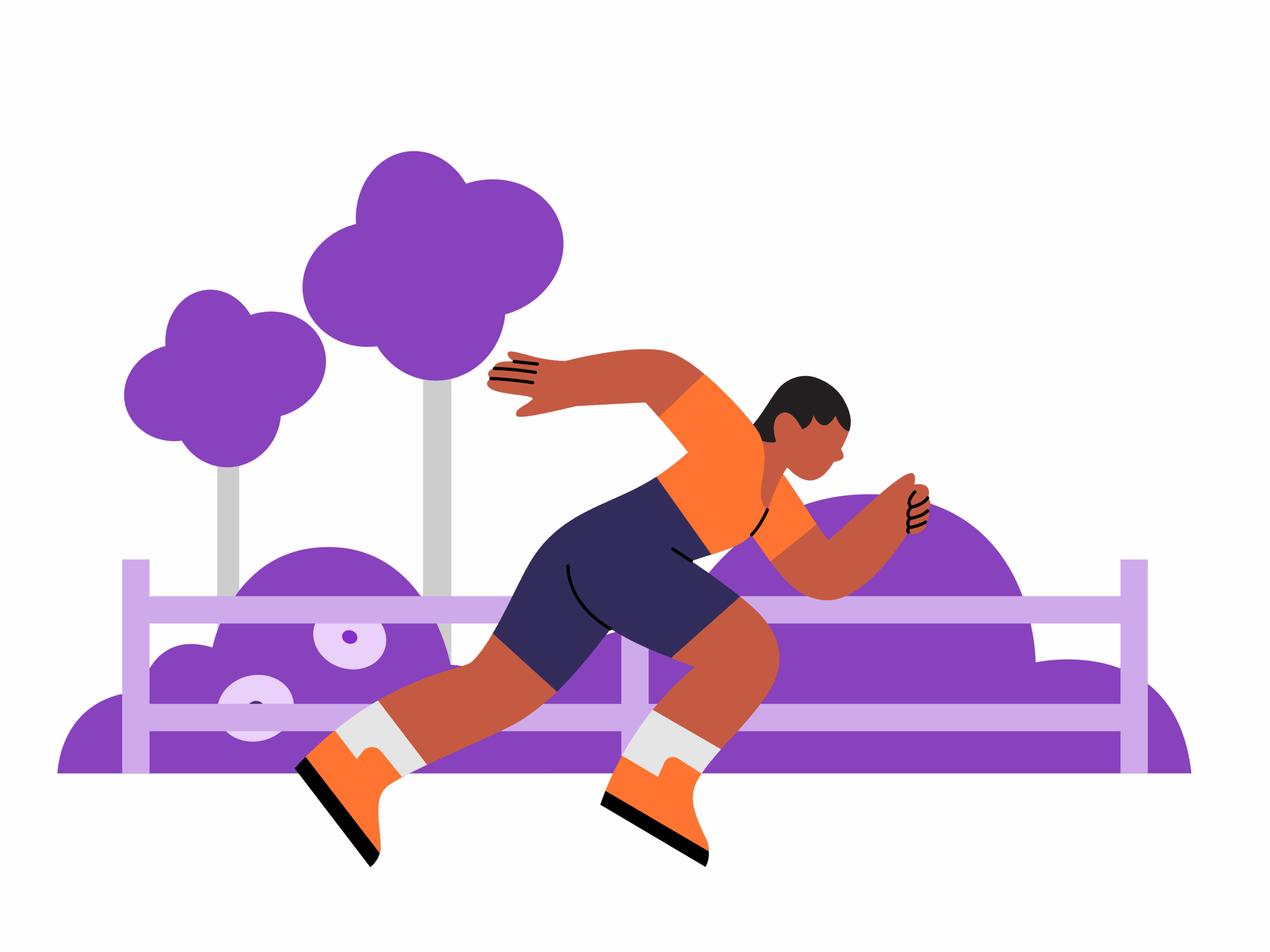Help is Available
At Bulimia.com, we provide much-needed bulimia nervosa resources for those in need of bulimia help or those suffering from other related eating disorders. We offer well-researched articles to help you understand the signs and symptoms of various eating disorders, and what type of recovery and treatment options are available. We also help you better understand how eating disorders are affected by mental health, and vice versa.
Whether you’re suffering from an eating disorder or know someone who is, we can help you on the road to recovery and live a healthier life.
Featured Content
-
Exercise Bulimia
Read more: Exercise BulimiaWhile some people may be concerned that they aren’t getting enough exercise, there is such a thing as too much exercise. Regular exercise can be great for physical and mental health, if it is medically appropriate and done in combination with adequate rest and nutrition, but when exercise becomes a compulsion, it can become physically…
-
Diabulimia Eating Disorder
Read more: Diabulimia Eating DisorderDiabulimia is intentional insulin restriction. People with diabulimia skip or shrink their insulin doses to lose weight. Most people with diabulimia have type 1 diabetes. Some doctors call the condition type 1 diabetes with disordered eating (T1DE) or eating disorder diabetes mellitus type 1 instead. There is no official diagnostic term, as this condition is…
-
The Impact of Body Dysmorphic Disorder
Read more: The Impact of Body Dysmorphic DisorderEating disorders are mental illnesses defined by abnormal dietary habits, such as eating excessively small or large amounts of food, that have the potential to cause major physical and mental problems. Most common eating disorders are anorexia, bulimia and binge eating disorder.
-
What Does Health at Every Size Mean?
Read more: What Does Health at Every Size Mean?Our current healthcare model centers on body weight as a measure of health. However, weight is not a valid gauge of health, and this misconception is stigmatizing and harmful to higher-weight individuals.
Bulimia Nervosa Resources
Learn about bulimia nervosa, including signs and symptoms of the eating disorder, health risks associated with it, and how to find treatment.
-
Can Bulimia Kill You?
Read more: Can Bulimia Kill You?Of all mental health disorders, eating disorders are often considered the most dangerous and deadly. In fact, they have the second-highest mortality rate of all mental illnesses.1
-
Bulimia & Anemia
Read more: Bulimia & AnemiaThe disordered eating and behavioral patterns associated with bulimia nervosa (BN) (e.g., self-induced vomiting) can cause the body to become deficient in a variety of necessary vitamins and minerals. When the condition leads to a low iron count, it can lead to anemia. Bulimia and anemia occur together at a rate of 11%.1 The joint…
-
Bulimia And Laxative Misuse
Read more: Bulimia And Laxative MisuseMany people with bulimia nervosa (BN) or other eating disorders misuse laxatives in the hopes of losing or controlling weight. But this practice is not only ineffective, it can also be dangerous.
Eating Disorders Information
Learn more about eating disorders, such as anorexia, bulimia, and binge eating disorder, and how to get help.
-

Eating Disorders: About Muscle Dysmorphia and Body Image
Read more: Eating Disorders: About Muscle Dysmorphia and Body ImageTrying to achieve or maintain a muscular physique is not a harmful desire, but when muscle development becomes an obsession pursued at all costs, it can seriously affect a person’s day-to-day life.
-
Death From Anorexia: What Happens to the Body?
Read more: Death From Anorexia: What Happens to the Body?Anorexia nervosa (AN) is a serious mental health condition that can have devastating consequences if left untreated for too long.
-
Anorexia Symptoms
Read more: Anorexia SymptomsAnorexia is a serious eating disorder that has physical, mental, and behavioral symptoms. People who have anorexia have an intense fear of gaining weight and severely restrict food and calorie intake to the point of malnourishment, as well as exercise excessively to avoid gaining weight. They have a distorted body image, believing they are larger…
Treatment Help
Eating disorder treatment is just a call away. Read about the different types of treatment and therapies available.
-

The Impact of Media on Eating Disorders
Read more: The Impact of Media on Eating DisordersEating disorders, such as binge eating disorder and anorexia, are complex mental illnesses caused by a variety of overlapping factors that can take a serious toll on both physical and mental health.
-
What Is Food Addicts Anonymous?
Read more: What Is Food Addicts Anonymous?Food Addicts Anonymous is a support group designed for people who have addictions to food. This program emerged from the tradition of Alcoholics Anonymous, a highly successful 12-step program founded in 1935 that has helped countless people recover from alcoholism.
-
How Effective is Eating Disorder Therapy?
Read more: How Effective is Eating Disorder Therapy?Eating disorders like bulimia nervosa (BN), anorexia nervosa (AN), and binge eating disorder (BED) are among the most complex mental health conditions. They generally arise from a combination of biological, environmental, and psychiatric factors and have deep impacts on physical, mental, and emotional well-being.